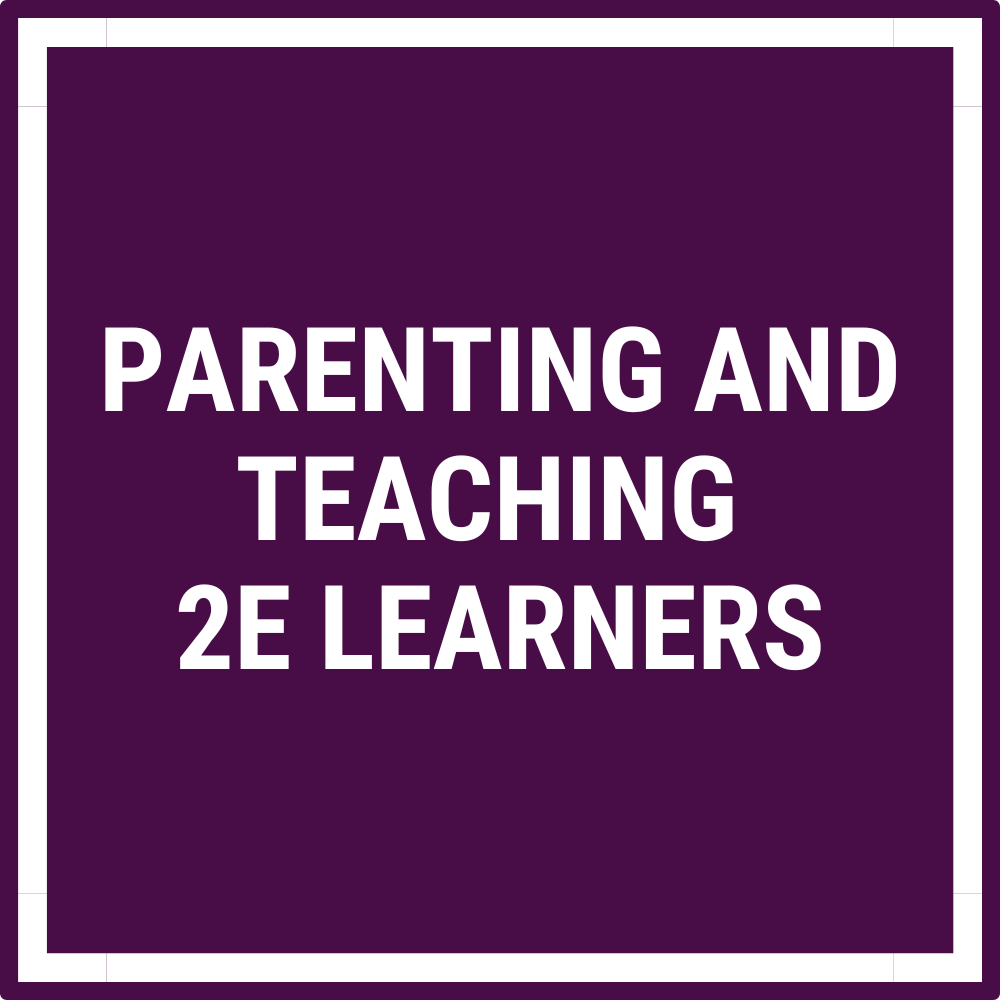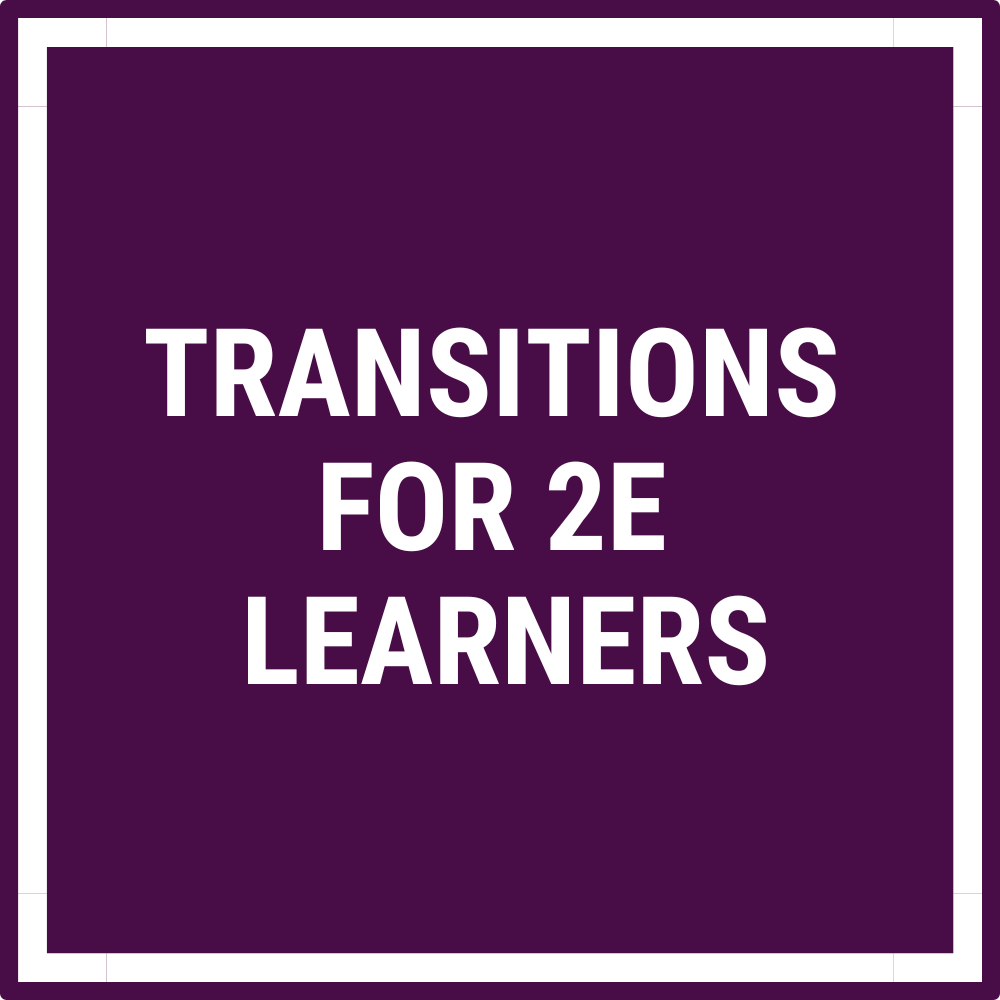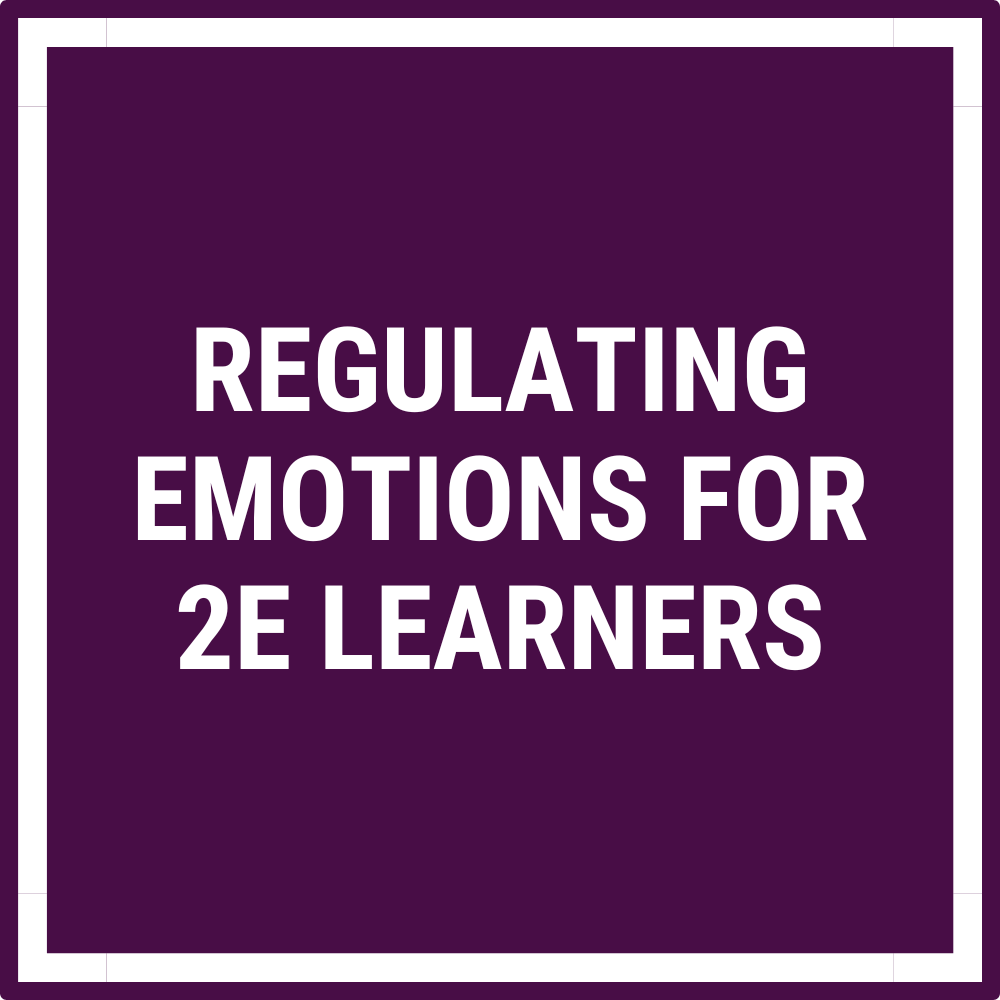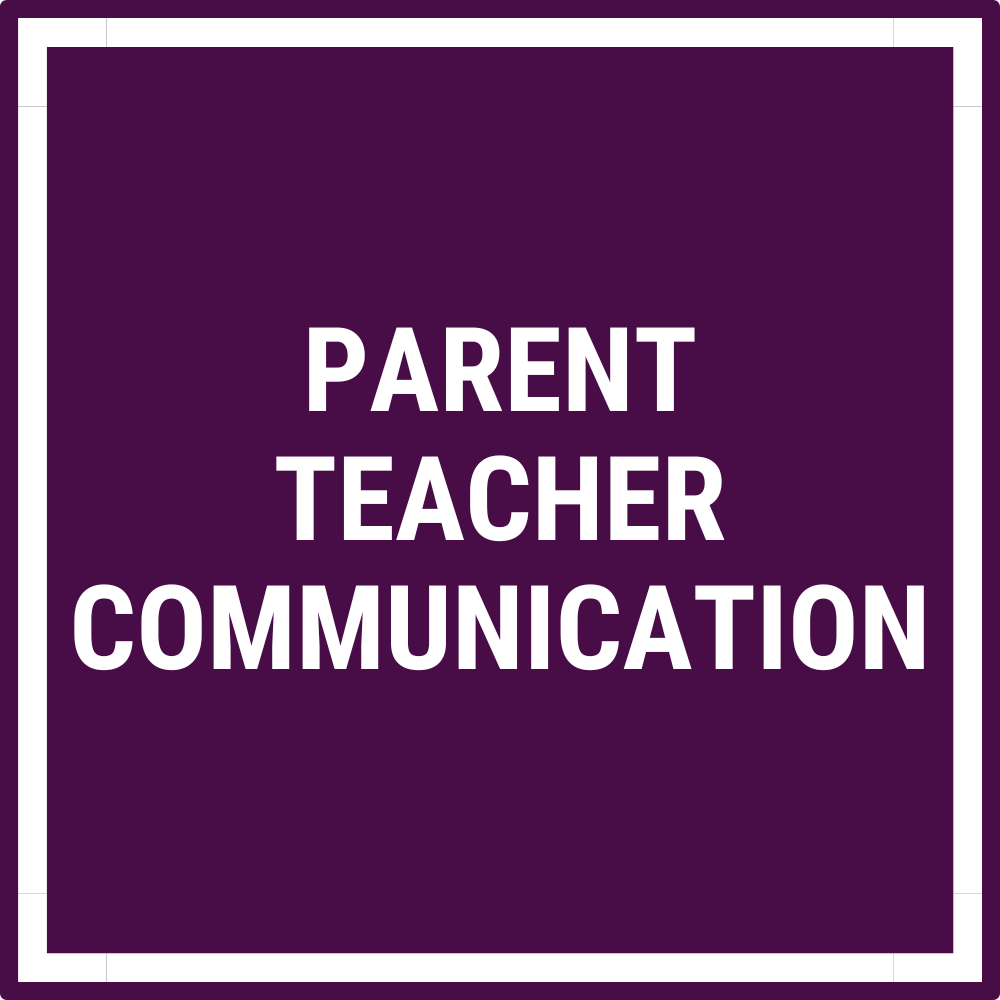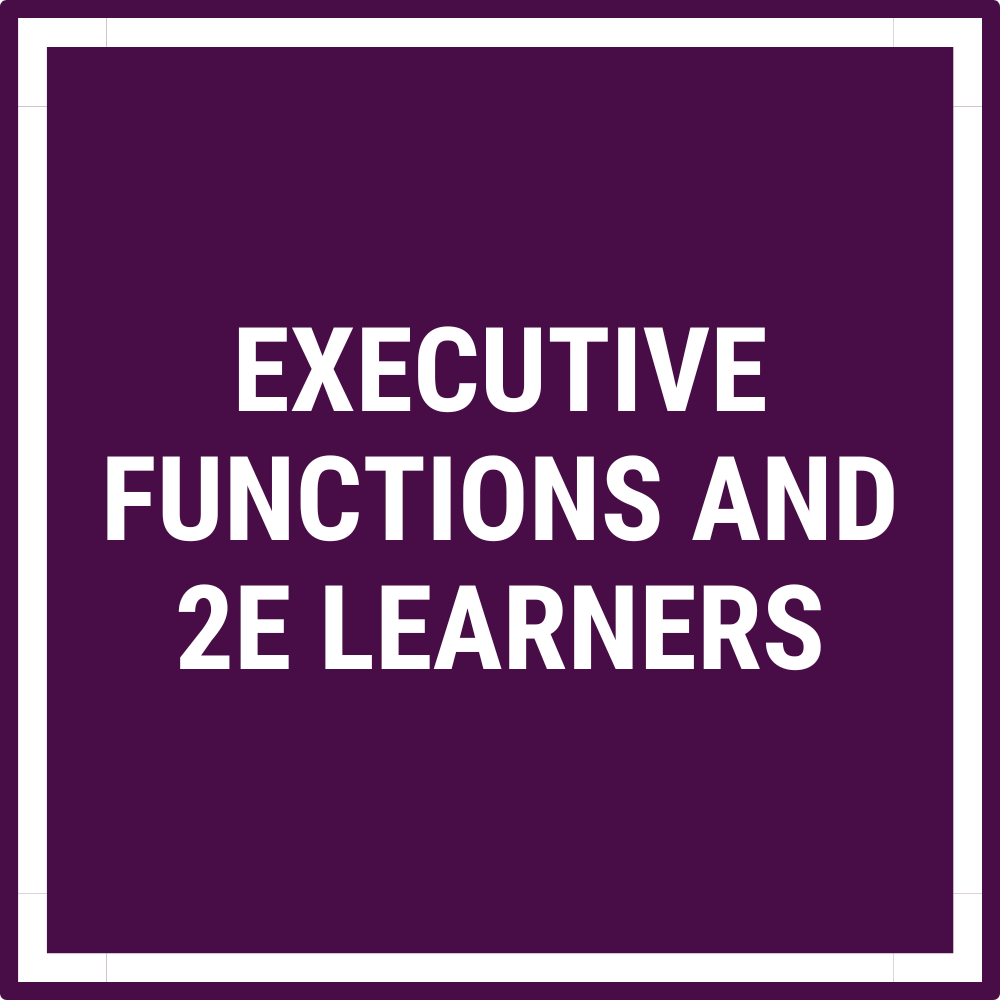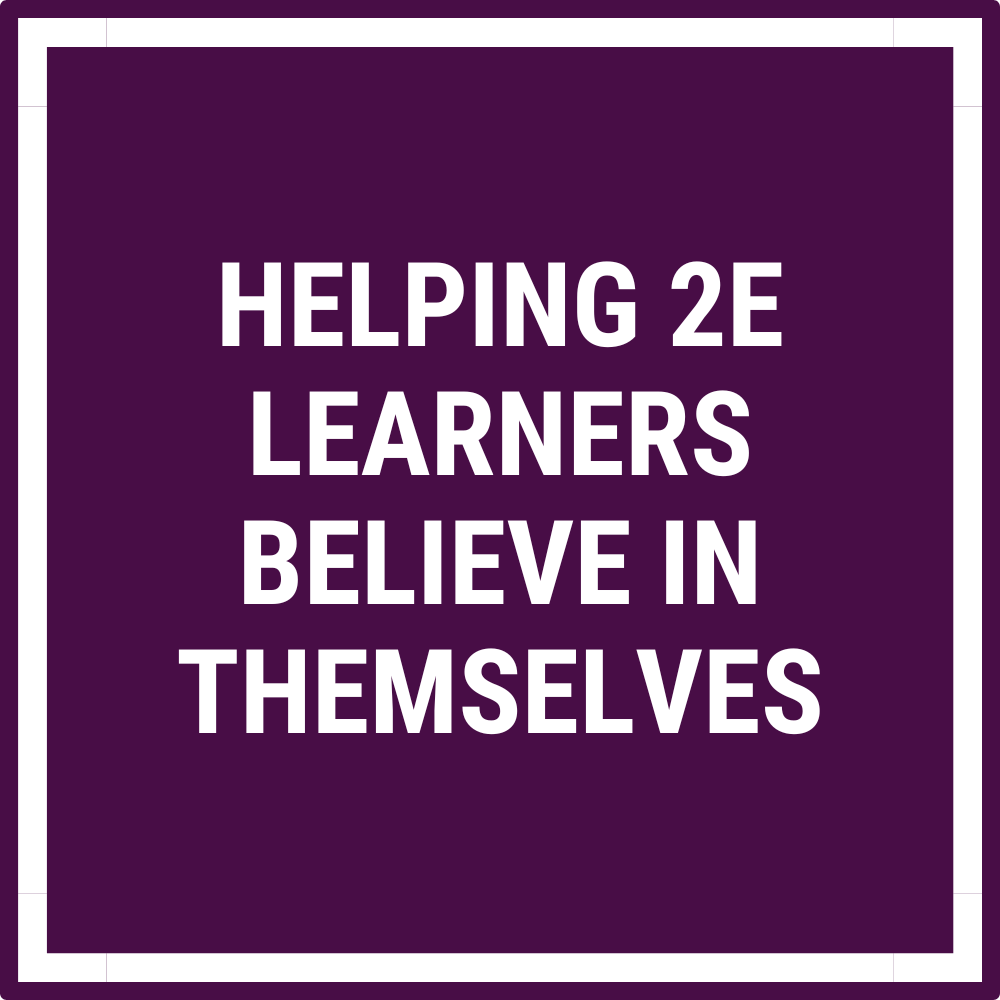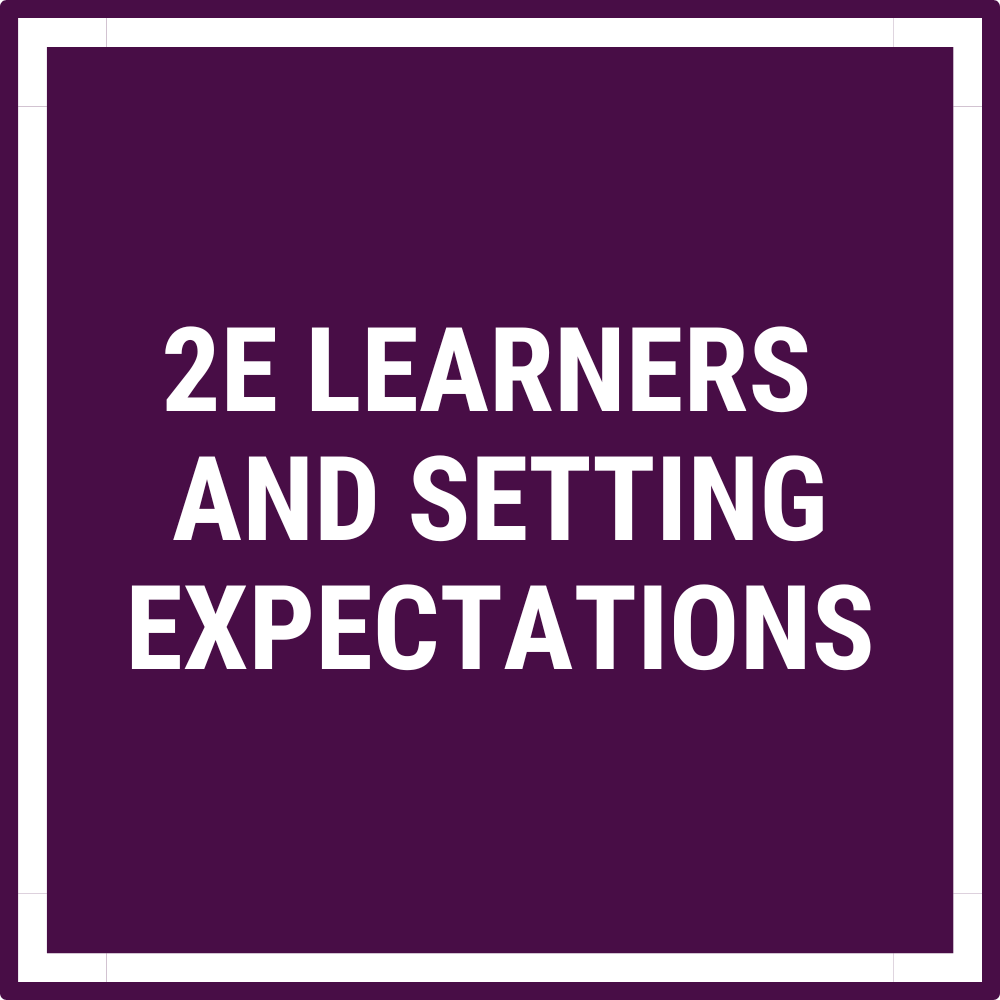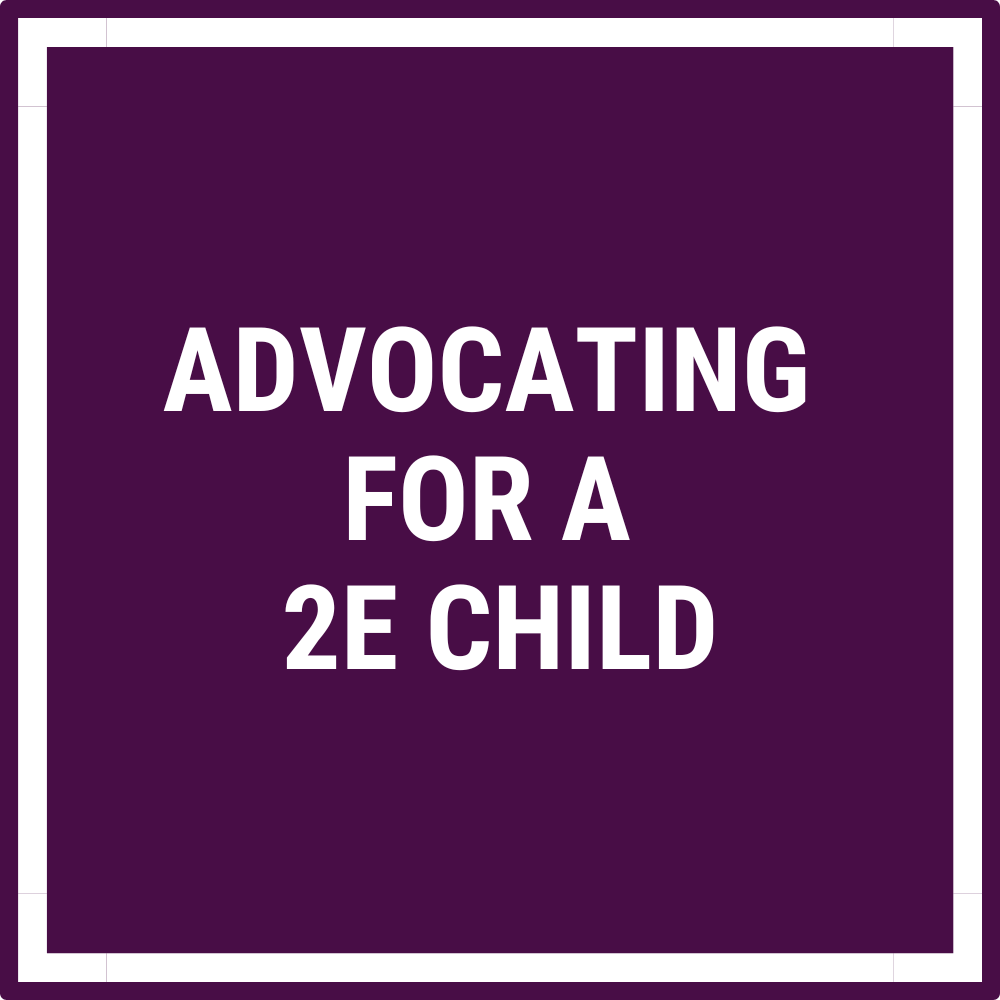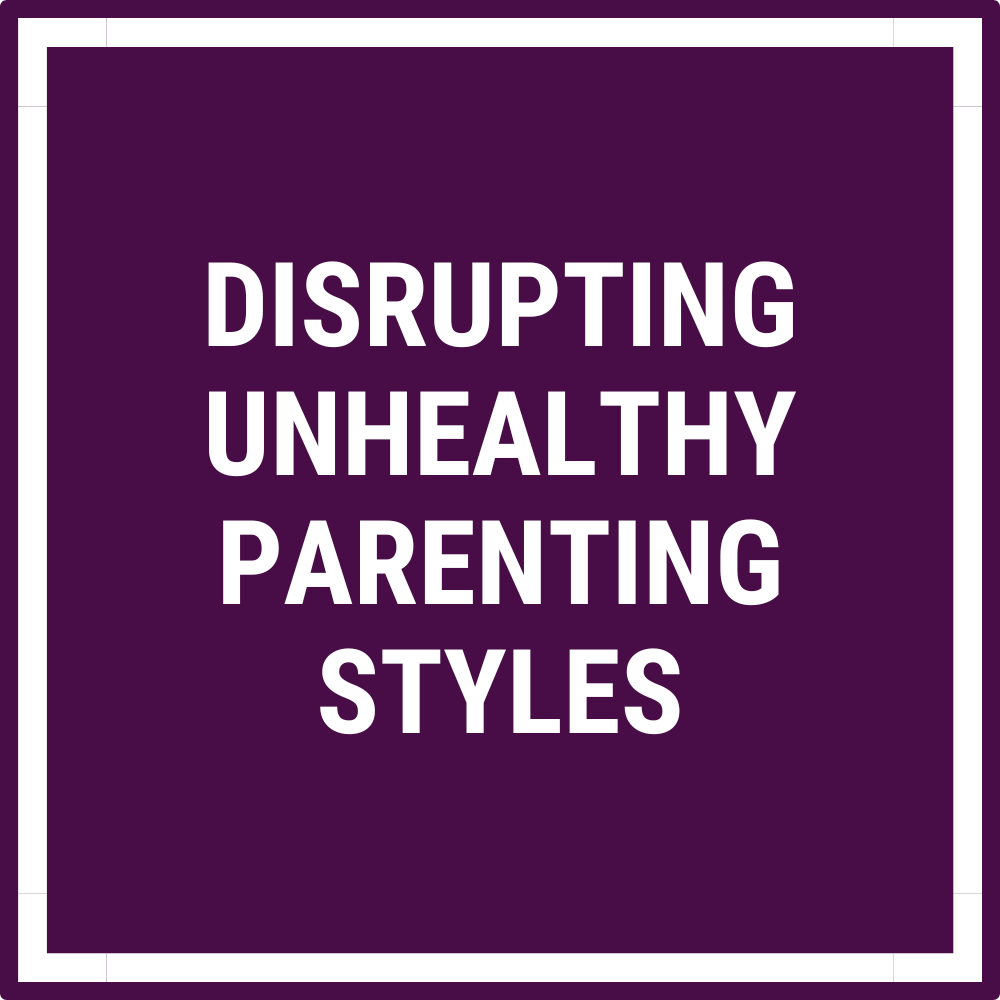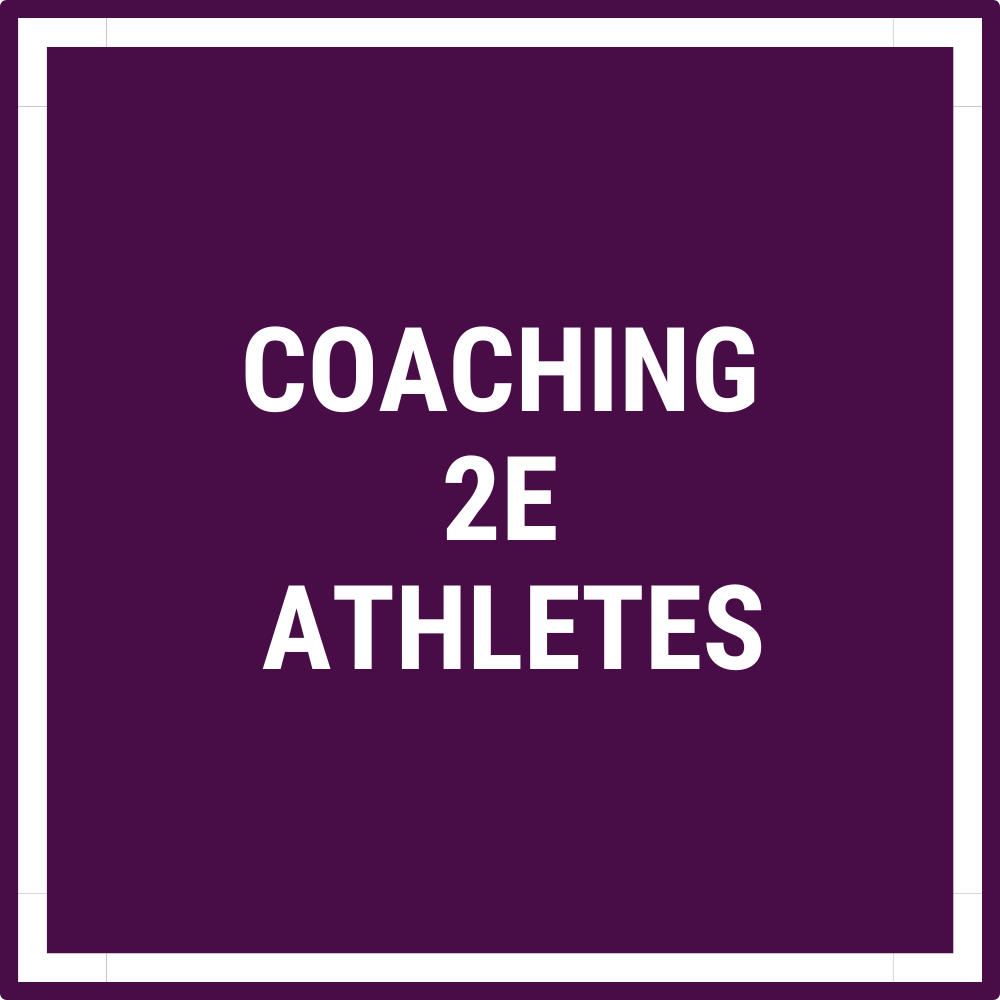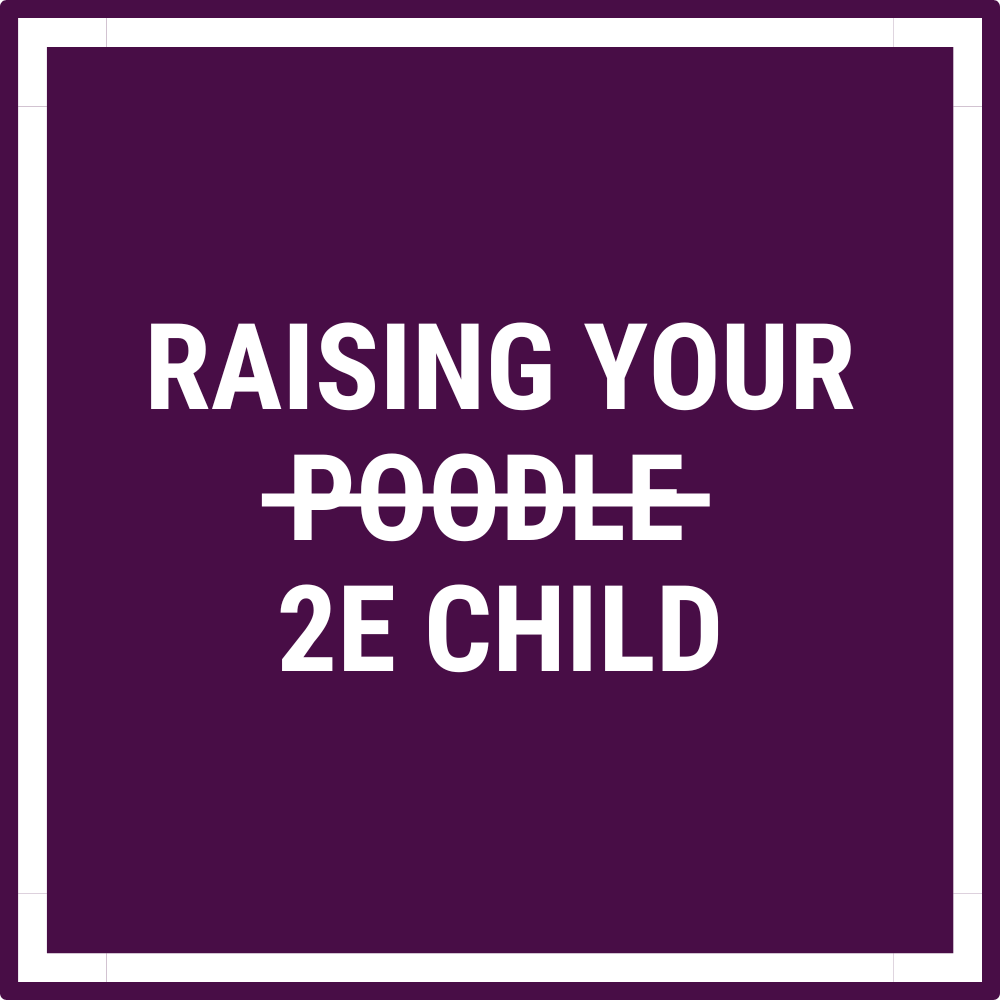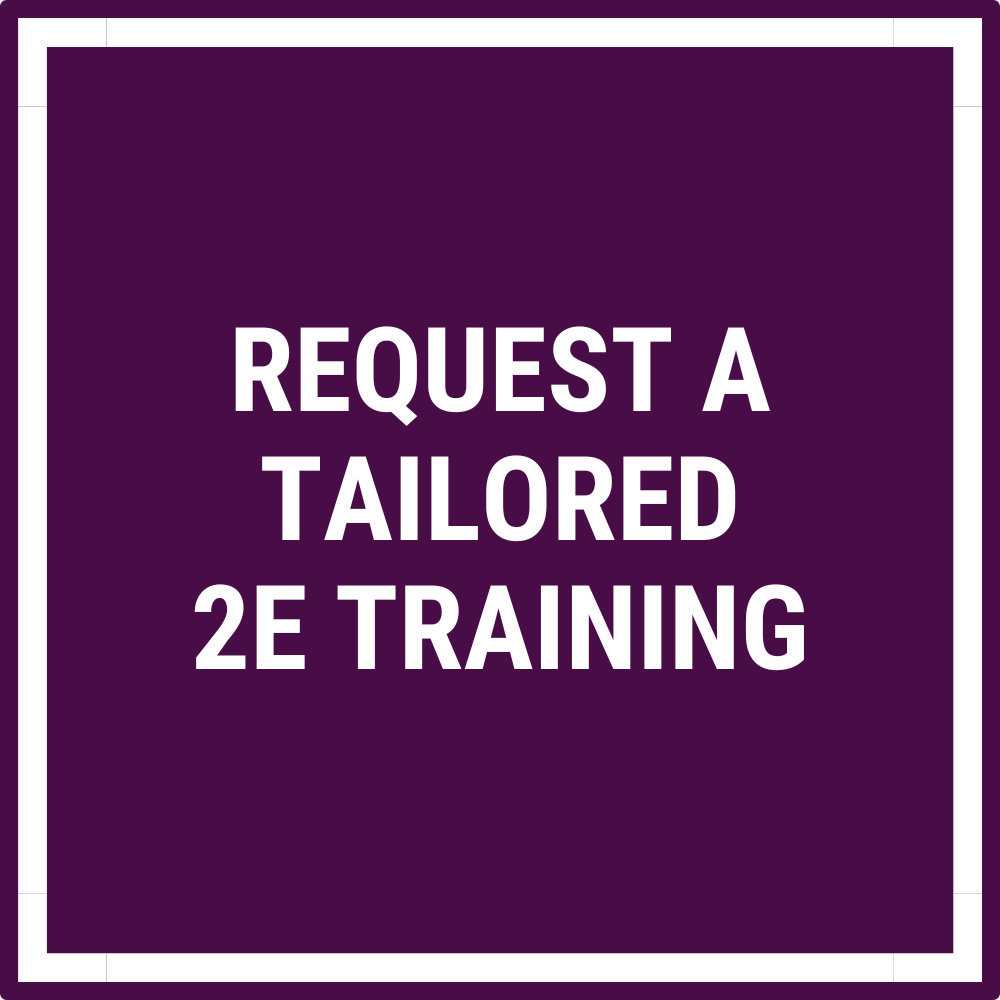Invite Julie to Speak
In-person or virtually, Julie brings energy and enthusiasm to Conference Keynotes, Teacher Trainings, PTA events or any venue where people want to learn about the Twice Exceptional profile and strategies to bring out the best and raise self-confidence in 2e kids. Attendees often comment on Julie’s passion. Julie can also train your child’s teachers. Share this page with your County’s Professional Development Administrator, Special Education/Gifted Education Programmer, or your school’s Administrator.

Click a topic below to learn more, or contact us to book Julie now to present on a topic of your choosing
Book Julie Now!
Email us at support@withunderstandingcomescalm.com or fill out the form below.
What Others Are Saying
"As a special educator, I have attended several of Julie's presentations. She is a highly engaging and energetic speaker whose passion for improving educational outcomes for twice exceptional students is inspirational. Her insightful, knowledgeable, and compassionate perspective on emotion-regulation and behavior motivates me to increase my understanding of the reasons behind my students' behavior, which ultimately changes the way in which I respond. I always walk away from her presentations with strategies and resources that I can use immediately."

"Thank you Julie, for arranging yet another amazing event at a great venue! ... SO. MUCH. FUN. The synergy was tangible.”

“This was a very well, sound, easy to understand lecture with great impact given by Julie Skolnick. I have not had such a clear presentation of the challenges of the double gifted children ever - not at prestigious institutions I’ve been privileged to train in including the Mayo Clinic and Children’s Hospital Boston/Harvard Med school. I believe she is a great knowledgeable and most importantly practical person who has great ideas.”
M.D.Parent
"Thank you Julie, for arranging yet another amazing event at a great venue! ... SO. MUCH. FUN. The synergy was tangible.”
Practitioner & Exhibitor
"I was at your talk last night. Thank you. It was informative, thoughtful, practical, wise. I felt like you'd been spying on me and my family for basically my whole life."
Liz S.Parent
Previous
Next

